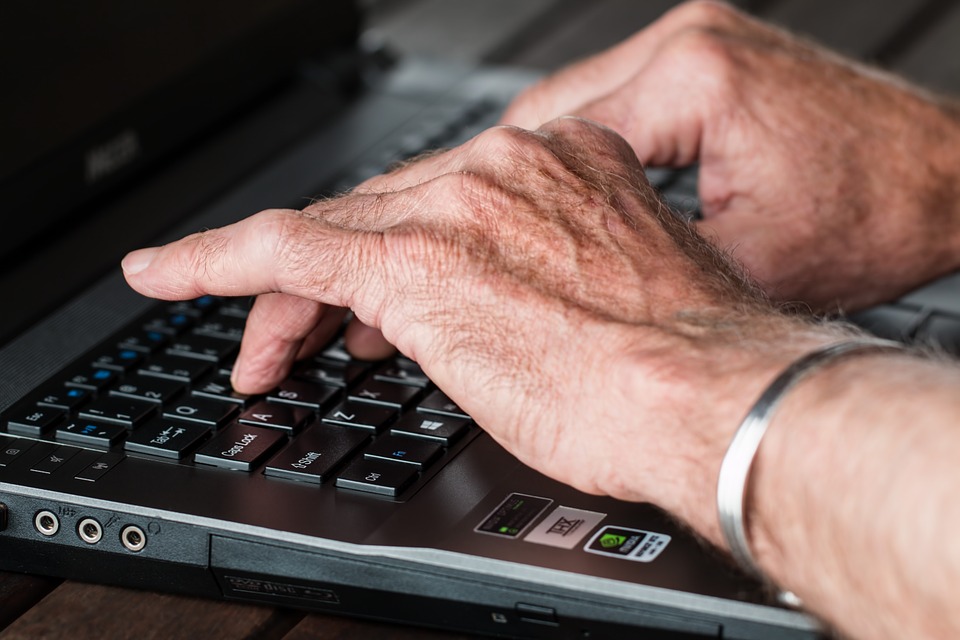
Contrary to popular belief, dementia isn’t actually a disease but a broad term describing a group of symptoms. Such symptoms can cause a significant impact on one’s memory, reasoning, communication abilities, physical activities, and other cognitive abilities.
Dementia can be overwhelming and devastating to those living with the disorder, as well as caregivers and loved ones caring for them. However, there are new technologies that can help reduce their anxiety and improve their overall quality of life. Moreover, such innovations aim to promote independence, manage safety risks, and minimize stress factors among those involved.
But aside from these advancements, you may also consider undergoing dementia training to broaden your knowledge about it. The training can also help you understand how to maximize the use of such technologies. And so, whether you’re running a care facility or caring for a loved one with dementia, having these new technologies on hand combined with the right knowledge can help you a lot.
With that, here are some technological innovations you can use to care for people with dementia:
1. Dementia Clocks
These clocks are specifically developed for those who have dementia. These are crucial since dementia patients often confuse time, especially when it comes to day and night. In addition, such tools can help care providers establish a healthy routine and prove the time to their patients.
Here are the things to look for in a dementia clock:
- It should state the day in long formats—for example, Monday (not MON).
- It should state whether it’s morning, afternoon (or noon), or evening (or night).
- It should state the date today in long formats—for example, December 1, 1991 (not Dec. 1, 1991, or 12/16/1991).
- It should state whether it’s am or pm beside the stated time—for example, 9:00 am.
Aside from these things, you want to make sure that the clock is easy to read. The text should be big enough to read at a distance without complicated designs and interfaces.
2. Robotics
Robotics can assist caregivers in performing their duties and providing the care their patients need in different ways. For example, care robots can help monitor the lifestyle and activities and evaluate the habits of those with dementia. Care robots can also perform tasks such as reminding patients to take their medications and assisting in household chores. This can help reduce the stress levels of caregivers since they don’t have to do everything alone.
Of course, no robots or artificial intelligence can replace or mimic the treatment offered by the human touch, no matter how advanced they are. After all, care robots are specifically developed to help caregivers, not replace them. But with their presence, caregivers can avoid getting overwhelmed in administering care and assistance to those who have dementia.
3. Communication Tools
When it comes to dementia care, keeping in touch with other people, especially their family and loved ones, is crucial to improving the quality of life of both caregivers and patients. Although it can be difficult for people with dementia to remember some names and faces, they can remember how they feel about a specific event.
With the help of technology, staying connected with loved ones and other people is now much easier than ever. Video communication apps, for instance, help those with dementia stay connected with the people they love, even if they’re far from home. These apps become more and more crucial as the disorder progresses over time.
4. Electrical Appliance Monitoring System
Leaving people with dementia at home with no other companions can lead to potential disasters, particularly fire. Because of the impaired ability to remember things, recalling the appliance they’re using can be a challenge.
For example, they might forget to turn off the TV or unplug electronic devices, leaving them on overnight. Repeated situations can cause issues in electrical wiring or trigger overheating, which can result in fatal accidents and disasters. This is where monitoring systems enter the picture.
These tools allow caregivers and family members to monitor how their patients utilize common home appliances. The system will notify them if their patients forget to turn some appliances off. This way, they’ll be able to prevent serious disasters and help ensure their safety.
5. Location Tracking Devices
People with dementia generally have no sense of direction. And considering they have difficulties in remembering, should they wander around, they may easily get lost and not be able to go back home. This is why using location tracking devices is important.
These tools can help you locate your loved one and their whereabouts and notify you once they leave the premises.
Final Words
Dementia is a great challenge not only for the one who has it but also for the caregivers and family members. But fortunately, with the help of various technological innovations, dealing with the disorder can be more manageable and a bit easier. These tools aim to provide better care and help prevent potential problems.
With that, if you or a loved one has dementia, you may consider some of the tools mentioned above.
Author Bio
Anna Christensen is a professional caregiver with over 15 years of experience in healthcare. She shares her knowledge by writing blogs and creating various content related to improving patient care. When she’s free, she spends time cooking for her family and taking them out.